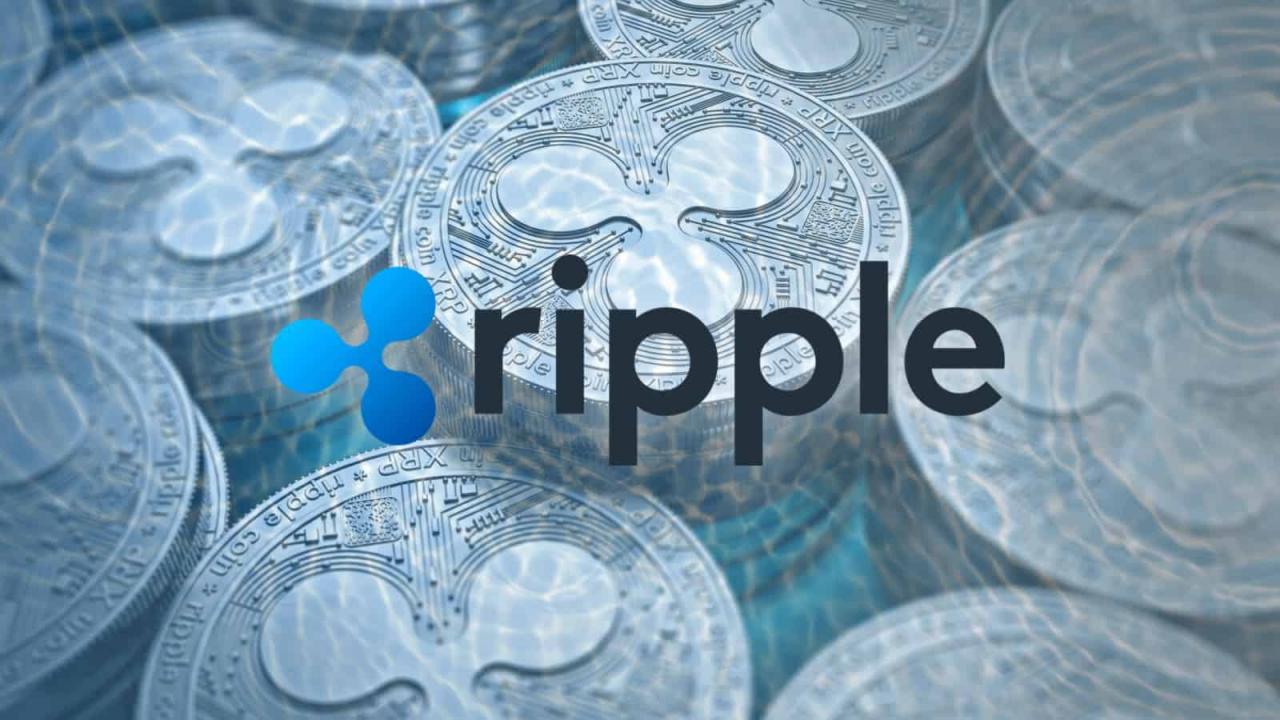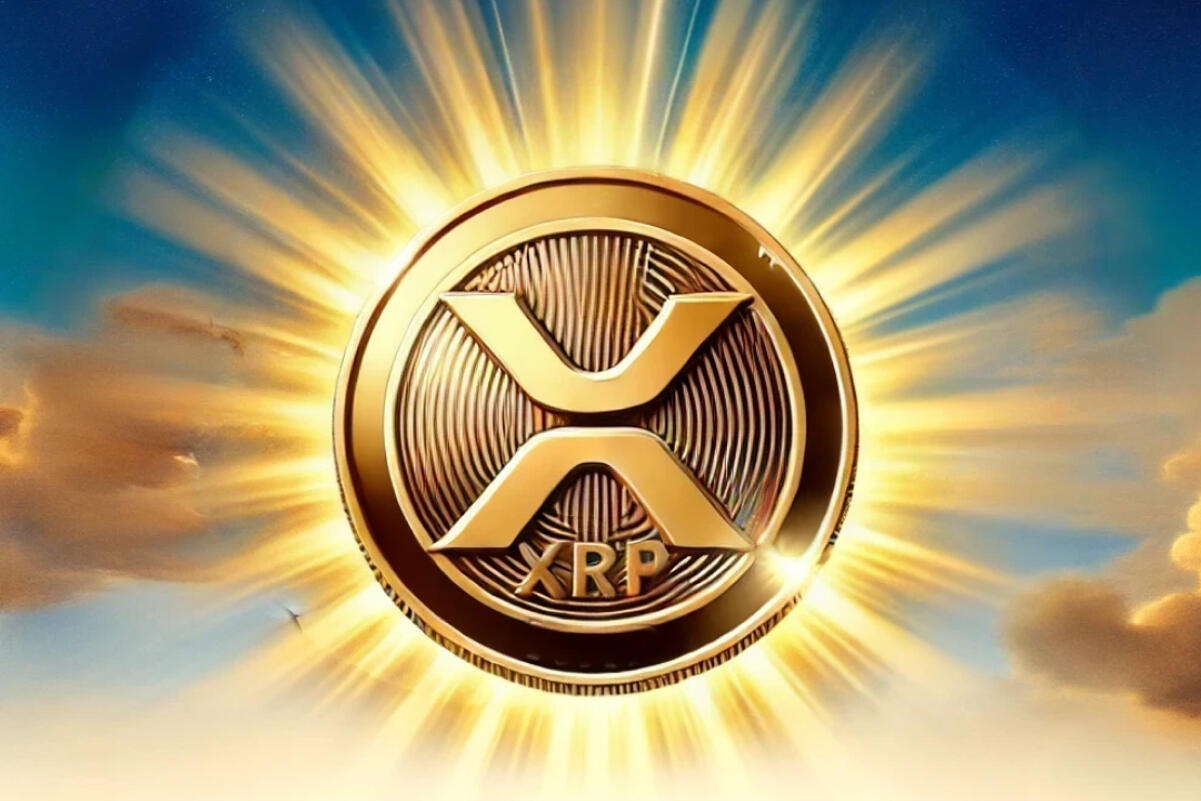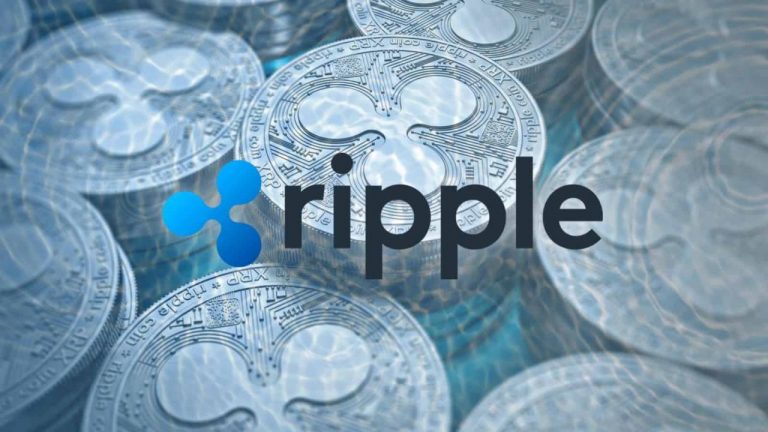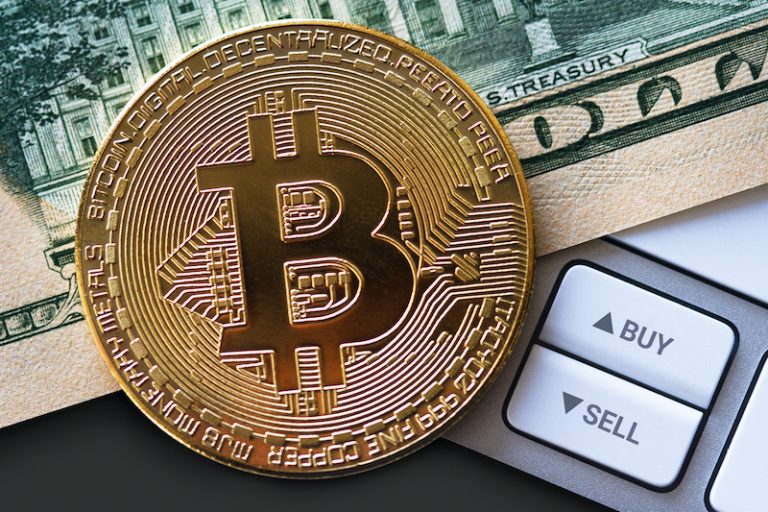xrp companies list showcases the growing adoption of XRP in the financial landscape, emphasizing its role as a pivotal digital asset for businesses globally.
This list highlights various companies across different sectors that have integrated XRP into their operations, leveraging its unique features for efficient transactions and services. By utilizing the Ripple network, these companies are able to execute cross-border payments with enhanced speed and lower costs, making XRP a valuable tool in today’s dynamic market.
Overview of XRP
XRP is a digital asset designed specifically for the financial services industry. As a bridge currency, it facilitates fast and cost-effective cross-border transactions, enabling financial institutions to settle international payments with greater efficiency. Developed by Ripple Labs, XRP operates on the Ripple network, which uses a unique consensus algorithm to validate transactions.The technology behind XRP is built on the Ripple protocol, which allows for real-time, cross-border payments without the need for traditional banking infrastructure.
This is achieved through its distributed ledger technology (DLT), which enhances transaction speed and security. Despite its advantages, XRP faces challenges such as regulatory scrutiny and competition from other cryptocurrencies, which can affect its adoption and market position.
List of Companies Using XRP
Numerous companies have recognized the benefits of integrating XRP into their operations, utilizing it for various financial services. Below is a comprehensive list of companies across different industries that employ XRP:
| Company | Industry | Usage of XRP |
|---|---|---|
| RippleNet | Fintech | Uses XRP for liquidity provisioning in cross-border payment solutions. |
| MoneyGram | Remittances | Employs XRP for instant settlement of cross-border transactions. |
| American Express | Banking | Integrates XRP for faster international payments. |
| Bitso | Exchange | Uses XRP to power remittance services between the US and Mexico. |
| Banco Santander | Banking | Utilizes XRP in its One Pay FX service for quick currency transfers. |
Impacts of XRP on Businesses
Companies that adopt XRP for cross-border transactions experience substantial benefits, enhancing both financial and operational efficiencies. By utilizing XRP, businesses can achieve quicker transaction settlements, reduced costs, and increased transparency in their payment processes.Key advantages include:
- Lower transaction fees compared to traditional banking methods.
- Increased speed of transactions, often settling in seconds instead of days.
- Enhanced security due to the decentralized nature of the XRP ledger.
Case studies reveal that firms like MoneyGram have seen significant improvements in transaction times and cost reductions through their use of XRP.
Regulatory Environment for XRP Companies

The regulatory landscape for companies utilizing XRP is complex and varies significantly across regions. In the United States, XRP’s classification has been a subject of ongoing litigation, impacting how businesses operate with this cryptocurrency. In contrast, countries like Japan and the UK have adopted more favorable regulatory frameworks that encourage the use of cryptocurrencies, including XRP. These varying regulations can affect business strategies, influencing decisions on whether to adopt or maintain XRP in their payment systems.
Future Trends for XRP in Business
The future of XRP in the business landscape appears promising, with several potential growth areas identified. Key insights into these trends include:
- Expansion into emerging markets where traditional financial services are limited.
- Integration with e-commerce platforms for seamless payment solutions.
- Continued development of decentralized finance (DeFi) applications leveraging XRP’s capabilities.
Technological advancements, such as improved interoperability with other blockchain networks, may further enhance XRP’s utility in business operations.
Community and Developer Support for XRP Companies
The XRP community plays a vital role in supporting businesses that develop applications on the XRP Ledger. Numerous resources are available for companies, including documentation, development tools, and forums for collaboration. Community initiatives often focus on fostering innovation and partnerships, with many companies working alongside developers to create cutting-edge solutions. For instance, collaboration between Ripple and various fintech startups has led to the development of unique applications that leverage XRP’s fast transaction capabilities.
Challenges Faced by XRP Companies
Despite its benefits, companies adopting XRP solutions encounter several challenges. Common obstacles include:
- Market volatility that can affect the valuation of XRP and impact financial planning.
- Regulatory uncertainties that may pose risks to operational compliance.
- Integration challenges with existing financial systems and processes.
To mitigate these challenges, companies are advised to stay informed on regulatory developments and adopt risk management strategies that account for market fluctuations.
Comparative Analysis with Other Cryptocurrencies
XRP offers several advantages compared to other cryptocurrencies, particularly in business contexts. While Bitcoin and Ethereum have significant market presence, XRP can provide:
- Faster transaction speeds and lower fees.
- More stable regulatory acceptance in certain jurisdictions.
- Better scalability for high-volume transactions.
The following table summarizes key comparisons between XRP and other cryptocurrencies:
| Cryptocurrency | Transaction Speed | Transaction Fees | Scalability |
|---|---|---|---|
| XRP | 3-5 seconds | Very low | High |
| Bitcoin | 10-15 minutes | Higher | Moderate |
| Ethereum | 30-60 seconds | Variable (often higher) | Moderate |
End of Discussion

In summary, the xrp companies list not only illustrates the current landscape of XRP adoption but also hints at the promising future for businesses embracing this technology. As more companies recognize the advantages of using XRP, we can expect to see significant advancements in how financial transactions are conducted. The journey of XRP is just beginning, and its impact on the business world is set to grow.
Question Bank
What is XRP?
XRP is a digital currency created by Ripple Labs aimed at facilitating fast and cost-effective cross-border transactions.
How do companies use XRP?
Companies use XRP for various purposes, including reducing transaction times and costs associated with cross-border payments.
Is XRP regulated?
The regulatory landscape for XRP varies globally, with some countries applying strict regulations while others are more lenient.
What are the benefits of using XRP?
Benefits of XRP include fast transaction speeds, lower fees, and increased operational efficiency for businesses.
Can XRP compete with Bitcoin or Ethereum?
Yes, XRP offers specific advantages that may make it more appealing to businesses, particularly in the context of cross-border transactions.

